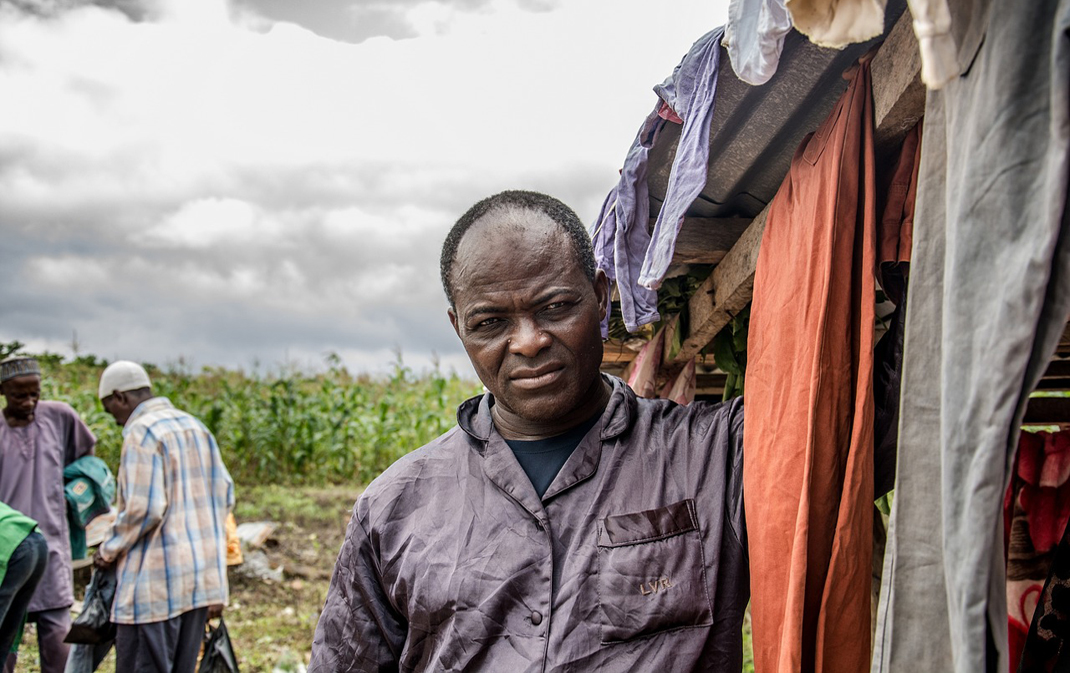
Letter to the editor: Parents of DSU international students denied visas
I am sure that most of us who live in St. George have occasionally noticed the obvious out of country students attending DSU. Their race, language, culture, dress and occasional national celebrations lend a special flavor that is of benefit to the entire campus as well as the citizens of St. George.
The parents of the international students pay premium tuition to send their children to DSU where they can obtain a quality education in a safe, friendly and pleasant atmosphere. Most of these students arrive here nervous, uncertain, excited and looking forward to a great educational opportunity.
They are cast into a totally alien civilization where the food is different, the custom are different, sometimes the religion and beliefs are different. It is no easy adjustment.
Most of these students turn out to be very successful. Their motivation and work ethic is incredible.
When they return home they are contributors to their home civilizations with new ideas, products and skills. As a country we, America, are beneficiaries to the good will between us and these students.
Nigerians are one of the larger groups of international students who come here to study. DSU is popular with Nigerians who share a common language with us and they generally like coming here. That brings me to a recent situation that is not only unacceptable and inhumane but it will cause international students to shy away from DSU and the United States in general.
This year’s graduating students have worked very hard and are happy to finally be reaching that special day when they walk down the aisle in their cap and gowns. Regrettably, many of their parents, the ones who have paid about $50,000 in tuition fees, are being denied visas to attend graduation in May. The United States consulate in Lagos, Nigeria and the embassy in Abuja are denying students’ parents’ visas for ten days to attend the graduation. No explanation has been given by the U.S. State Department. It seems to be a general, rather than any specific, purpose for denial.
Let there be no doubt about it, this is going to affect the university’s ability to recruit overseas. That is important because these students’ parents are the ones paying the full out of state tuition and is a big and important revenue resource for the university as well as many other universities around the country. The university is apparently “looking into it.” Good luck.
—Edward Stewart
The viewpoints expressed above are those of the author and do not necessarily reflect those of The Independent.
How to submit an article, guest opinion piece, or letter to the editor to The Independent
Do you have something to say? Want your voice to be heard by thousands of readers? Send The Independent your letter to the editor or guest opinion piece. All submissions will be considered for publication by our editorial staff. If your letter or editorial is accepted, it will run on suindependent.com, and we’ll promote it through all of our social media channels. We may even decide to include it in our monthly print edition. Just follow our simple submission guidelines and make your voice heard:
—Submissions should be between 300 and 1,500 words.
—Submissions must be sent to editor@infowest.com as a .doc, .docx, .txt, or .rtf file.
—The subject line of the email containing your submission should read “Letter to the editor.”
—Attach your name to both the email and the document file (we don’t run anonymous letters).
—If you have a photo or image you’d like us to use and it’s in .jpg format, at least 1200 X 754 pixels large, and your intellectual property (you own the copyright), feel free to attach it as well, though we reserve the right to choose a different image.
—If you are on Twitter and would like a shout-out when your piece or letter is published, include that in your correspondence and we’ll give you a mention at the time of publication.
Articles related to “Letter to the editor: Parents of DSU international students denied visas”
Dixie State University offers new degree program in political corruption



